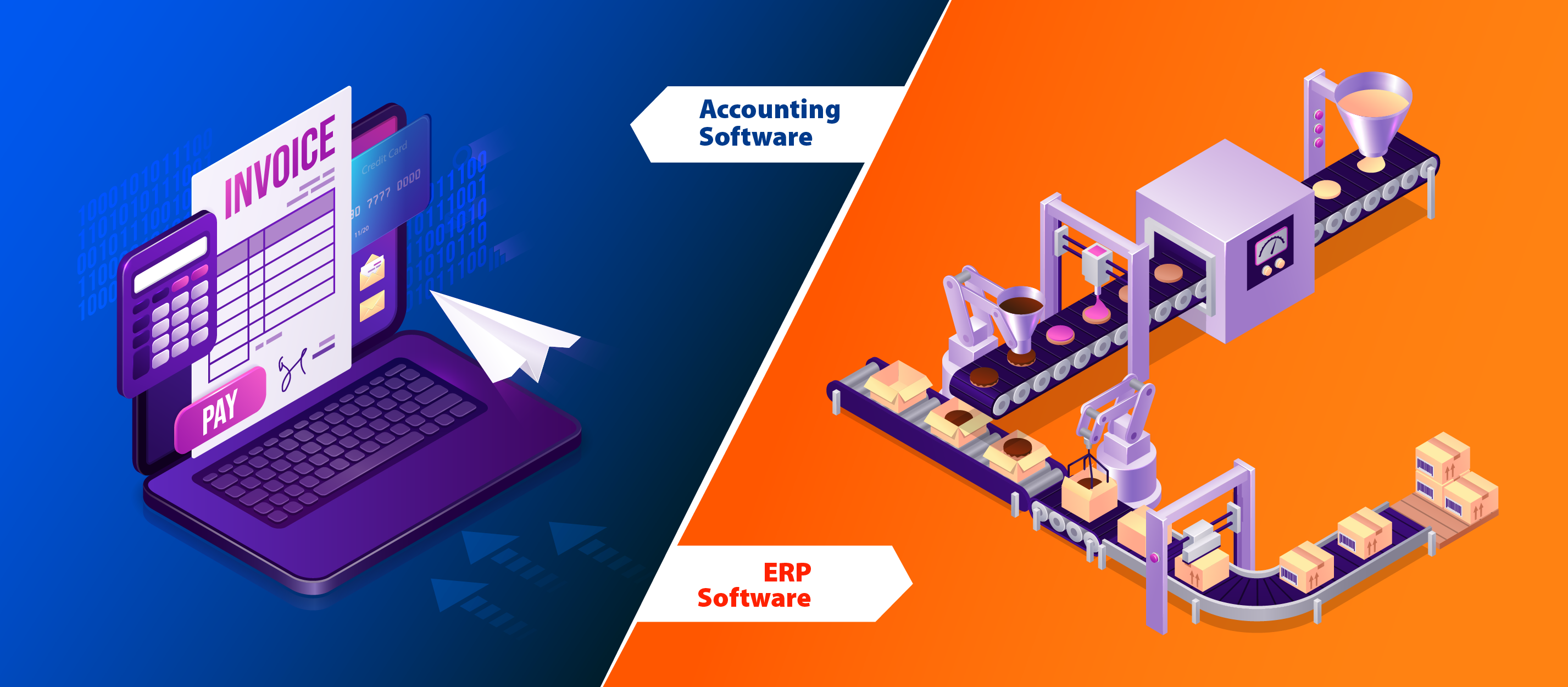A friend of mine, who is the CEO of a small growing business, kept me waiting in a coffee shop where we were supposed to meet for a casual talk. On arrival, he was apologetic for being late and shared that his routine meetings are getting stretched beyond reasonable time these days. Upon asking the reason, he let out his worries about the growing cases of recalls and quality complaints in his company. He shared, that they follow an elaborate and paper-intensive QC process. A huge amount of data and a number of formats are maintained manually. Still, they lack visibility into QC statuses, QC Pass and QC fail items, the root of the problem in the case of returns or complaints, etc. He shared that their QC process is painful and time taking, so the staff many times skips QC, leading to quality complaints. They are equally fearful of the Audits too. And in all this, they are losing focus on day-to-day issues of quality, safety and customer service.
This led me to think- is my friend the only one with this problem? Probably, this is the common problem of almost all business owners. In this arena of growing consumer awareness and regulations getting stringent, quality has its value and has become a mass appeal that cannot be ignored. This is acceptable by mostly all CEOs. Then what is coming in the way of quality products and how can it be met?
Maybe the ‘Cost of ensuring Quality’
Thinking that the cost of quality is high is not true at all. Rather, poor quality costs more in terms of brand image and revenue, both. Consider the recent case of Nestlé’s recall of famous product ‘Maggi’. The company had to destroy many packets, leading to a major loss of inventory, huge monetary loss, and its image got tainted as well.
Briefly, higher quality costs less, not more! Spending on quality control is often less expensive than correcting defective products, and performing product recalls. Especially in this age of increased social exposure, where product reviews, ratings, and complaints are readily available. Compromising on the quality of the product is like compromising your business.
Then is it the cost of automated software system?
Most companies due to budget issues follow the manual methods of entering, monitoring and analyzing quality control information. Each test is performed in isolation from other and the results are isolated too; maintained in separate spreadsheets and referred to only when the problem arise. But, when the problem arises and they need information, all they face is chaos. Silos of data are then analyzed manually to figure out patterns, trends and problems. Imagine the number of hours and, resources that are spent to reach to the cause of the problem and meanwhile, the problem still continues to persist or gets exaggerated, defying the purpose of applying quality control on your products.
What is the solution then? Lowering the cost of quality. But, how?
Many companies perform QC just on the items produced and not on the intermediate products and processes. At the end, if the product doesn’t stand up to the expectation, they lose production and processing costs too. So, performing QC at various stages of the supply chain and inspecting the complete process is essential. It not only detects the issues as and when it occurs but, also meets the guidelines of good manufacturing practices. Thus, Quality Control and Quality Assurance both are essential to be sure of the quality of the products.
ERP is the way to ensure Quality and cut associated costs
The new generation ERP systems are built to support both- Quality Assurance and Quality Control. They are designed to automate & simplify quality test processes, help in the maintenance plus review of quality control and quality assurance data, create reports for analysis of QC outcomes, etc. They let companies maintain Quality Tests and Inspection Plans and associate them with items, formulas, batches and processes as well. This ensures a closed loop testing and thus safer products. The centralized Quality Control system in ERPs enables QC/QA Managers and Technicians to work in collaboration with other processes/departments and not on disparate quality systems and databases. Information is passed in real time between Warehouse, Quality, Purchase, Production, and Sales etc, enabling everyone to work collaboratively towards achieving Quality.
Certain ERPs work in correspondence with FDA and cGMP norms- controlling the movement of inventory based on Quality Control results or statuses, thus ensuring that only the appropriate lots are accepted, put forth in production or dispatched. You can even try enforcements that are kind of validations on different crucial processes, like, a batch is not closed until QC results are entered or material is not accepted until COA is received from a vendor, etc. Thereby, enabling you to meet the guidelines set by agencies like FDA, failing to meet which may adversely affect your business.
Even the QC failed products are handled efficiently with the options of destruction, scrap, and return. You can always return the bad lots to your supplier and take credit from them, this will improve your cash flow.
Availability of reports, analysis tools and dashboards aid in analyzing the pattern of quality control results for a product or a family of products. It curbs the danger of personal influence and costly errors that arise from the hand-written sheets manually entered into the system and then analyzed for trends and issues. You can, with it, pinpoint the root causes of QC failures and try to resolve them, thus minimizing your production cost & losses on scraps.
Bi-directional traceability plus speedy recalls keep you always ready for unexpected or planned audits. These all factors together result in considerable cost lowering and savings.
Undoubtedly, ‘Quality’ has become a hot topic in boardrooms. Implementing ERP is a one-time investment, but it immediately cuts down a number of problems by ensuring streamlined quality process and safer products. The cost of loss of business, loss of reputation, restriction to access certain markets (exports) due to quality & compliance issues far exceeds the cost of adopting an automated system like ERP. This would be a smarter decision by the CEO!



















